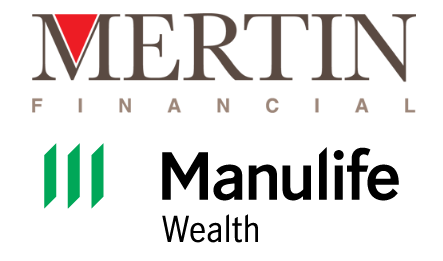The Joy of Planned Giving
Article Licenses: unknown
Advisor Licenses:
Compliant content provided by Adviceon® Media for educational purposes only.

For centuries, people have made efforts to help the less fortunate. The singer of U2, Bono, has been involved in many issues throughout the years and supports erasing Third World debt to wealthy countries. Michael Jordan is involved with a variety of charities including the Boys & Girls Club of America, UNCF/College Fund, Special Olympics and organizations that support children and families. Bill and Melinda Gates focus on areas dedicated to improving people’s lives by advancing health and learning efforts in the global community.
You do not have to be famous and wealthy to get involved — everyone can! For a small monthly, tax-advantaged donation of $25 to $100, you can help a child through an NGO such as World Vision. There are many such Non-Government Organizations (NGOs) that help people worldwide when and where disaster strikes.
Planned Giving
Planned giving raises funds through a program of arranging regular systematic donations to serve the interests of a registered charity that best suits the personal, financial and tax situation of an individual donor. Via planned-giving programs, registered charities seek to attract substantial gifts by presenting potential donors with information and advice. You can include the following is your planned-giving program: bequests, annuities, life insurance policies, and residual interests or charitable remainder trusts. Segregated funds work well because they can guarantee the invested capital (plus any growth) upon the death of a donor.
Charitable remainder trust.
A charitable remainder trust involves transferring property into a trust whereby the donor retains a life interest in the property but makes an irrevocable gift of the residual interest to a registered charity. A registered charity can issue an official donation receipt for the fair market value of the residual interest in the property at the time that the residual interest vests to the charity.
How to donate a life insurance policy to a charity.
When an individual absolutely assigns a life insurance policy to a registered charity and makes the charity the registered beneficiary of the policy, the charity can issue an official donation receipt for the cash surrender value of the policy at the time of donation and for the subsequent payment of premiums.
RRSP as an enduring property.
Under the Income Tax Act, a charitable donations tax credit can be claimed on a deceased individual’s return for a donation via a direct distribution of his or her proceeds to a qualified donee who is the designated beneficiary of a registered retirement savings (or income) plan (RRSP/RRIF), a registered retirement income fund (RRIF), or a life insurance policy. Under the Act, a gift received by a registered charity by way of direct designation is a gift of enduring property.
Donating a Registered Pension Plan (RPP).
An individual can designate a registered charity as their beneficiary of a registered pension plan. A charity can issue an official donation receipt for lump-sum pension benefits paid to the charity.
Note: Ask your Advisor if any legislation has changed this.
The Advisor and Manulife Securities Incorporated, ("Manulife Securities") do not make
any representation that the information in any linked site is accurate and
will not accept any responsibility or liability for any inaccuracies in
the information not maintained by them, such as linked sites. Any opinion
or advice expressed in a linked site should not be construed as the opinion
or advice of the advisor or Manulife Securities. The information in this
communication is subject to change without notice.
This publication contains opinions of the writer and may not reflect opinions
of the Advisor and Manulife Securities Incorporated, the information contained
herein was obtained from sources believed to be reliable, no representation,
or warranty, express or implied, is made by the writer, Manulife Securities or
any other person as to its accuracy, completeness or correctness. This
publication is not an offer to sell or a solicitation of an offer to buy any
of the securities. The securities discussed in this publication may not be
eligible for sale in some jurisdictions. If you are not a Canadian resident,
this report should not have been delivered to you. This publication is not
meant to provide legal or account advice. As each situation is different you
should consult your own professional Advisors for advice based on your
specific circumstances.





